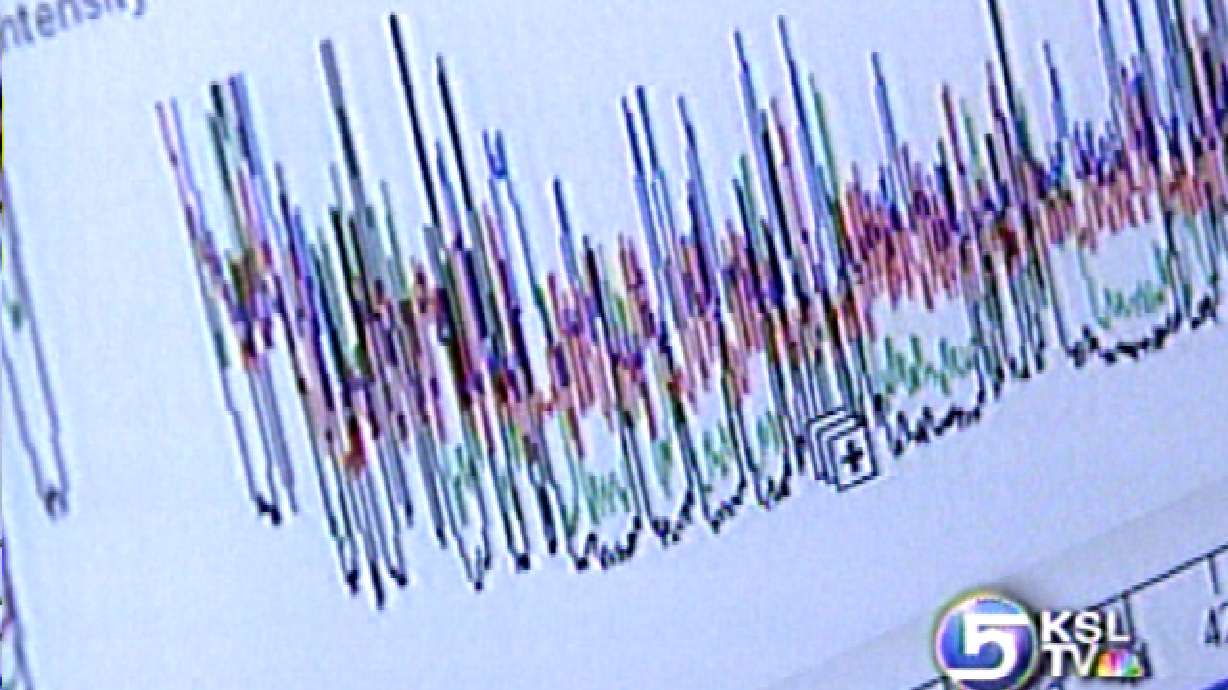Estimated read time: 2-3 minutes
This archived news story is available only for your personal, non-commercial use. Information in the story may be outdated or superseded by additional information. Reading or replaying the story in its archived form does not constitute a republication of the story.
Samantha Hayes ReportingA Utah Genetics company discovered a gene that may be responsible for overeating in children. Researchers say this is a major find and will be instrumental in helping treat and prevent obesity in some children.
We know poor eating habits and eating too much cause you to get fat. But what if you ate a full meal and didn't feel full. Geneticists at Myriad took individuals with that condition and found a similarity among them in one gene.
The color of your eyes, your hair, how tall you are, it's all genetics. Researchers are finding out so is your weight, and more to the point, your ability to control it may be out of your control.
Jerry Lanchburg, Ph.D, Myriad Genetics, Inc.: "A DNA change is a specific gene that is involved in the control of appetites and the way insulin signals."
Local geneticists studied DNA of children with an interesting condition, they overeat because they don't feel full. They narrowed it down to the same mutation in one gene.
Dr. Jerry Lanchburg: "The connection is a novel one because the gene is known to be involved in insulin signaling, this is the system that controls levels of glucose in the blood after people eat."
Obese children are more likely to develop Type 2 diabetes and other dangerous conditions; this discovery may, in part, help prevent that.
Dr. Jerry Lanchburg: "One is the ability to use these markers to differentiate therapy for children suffering this kind of obesity."
Researchers used the very latest technology to make this discovery, using gene sequencing machines to quickly compare normal and non-normal DNA and hone in on the problem gene.
Dr. Jerry Lanchburg: "It's machines like these that allow us to find real differences that underlie disease in patients for a variety of diseases."
Myriad is also studying gene mutations that may be connected to arthritis, lupus, psoriasis, and different types of cancer.
Dr. Jerry Lanchburg: "We're very optimistic this technology will allow us to discover similar analogous genes in other diseases."
This particular gene they discovered encodes a protein that theoretically pharmaceuticals could be made to eventually treat.








